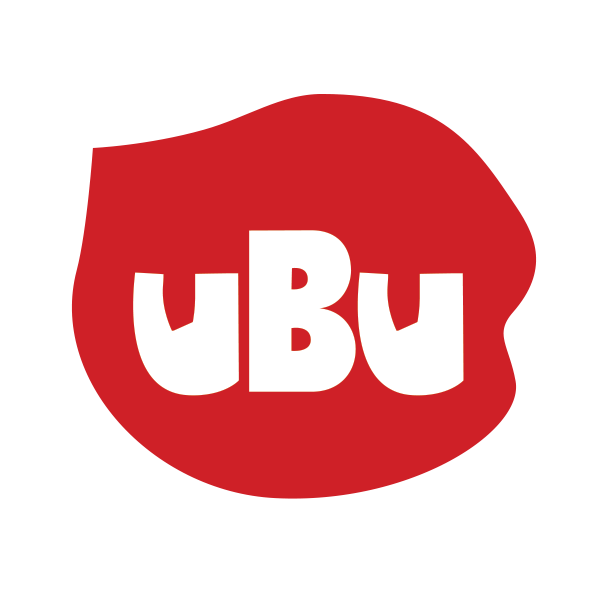or, Why you can feel good about our hummus (Reason No. 34)
Today is World Soil Day, a holiday that really should rank among the most important of the year. Let’s just say if civilization “marches,” soil is something like its legs or feet. Or maybe just the ground. For sure, it’s the basis for everything; there’s a reason that the births of civilization have been tied to the development of agriculture. Soil is fundamental because we need to eat. That’s every bit as worth celebrating as, say, the Kentucky Derby which seems to get more hype every year. Maybe more people would pay attention to it if World Soil Day had a signature cocktail. I’m sure that would help. The reason this is important is that 90% of existing topsoil is at risk by the year 2050. That isn’t very long from now. The UN also predicts that the world’s population will be 9.7 billion that year. We really are in something of a soil crisis. So what’s to be done about it? Well, this is what they call a “wicked problem,” and there is no easy answer. If a set of policy solutions could look like a bowl of spaghetti then that would be what we’re dealing with. Fortunately, there is one easy thing that you and I can do…
Eat more hummus. Yes, really.

Chickpeas—the main ingredient in hummus—are nitrogen-fixing plants. This means that with the help of a benign bacteria called Rhizobium, the chickpea plant draws nitrogen from the air and deposits it in the soil by forming “nitrogen nodules” on its roots. When the plant decomposes, the nodules remain in the soil and its nitrogen levels increase. This makes the soil richer and more fertile. So that’s why you’ll sometimes see chickpeas used as a cover crop. Some other nitrogen fixing plants are peas, beans, mesquite trees, gorse, vetch, alfalfa, clover, and many more. If you plant tomatoes where you’d grown peas the previous season, then you will have better tomatoes. That’s the idea anyway.
While I am being somewhat facetious, it really is important to think about how what we eat impacts the environment. It makes a difference, these aren’t neutral choices.

